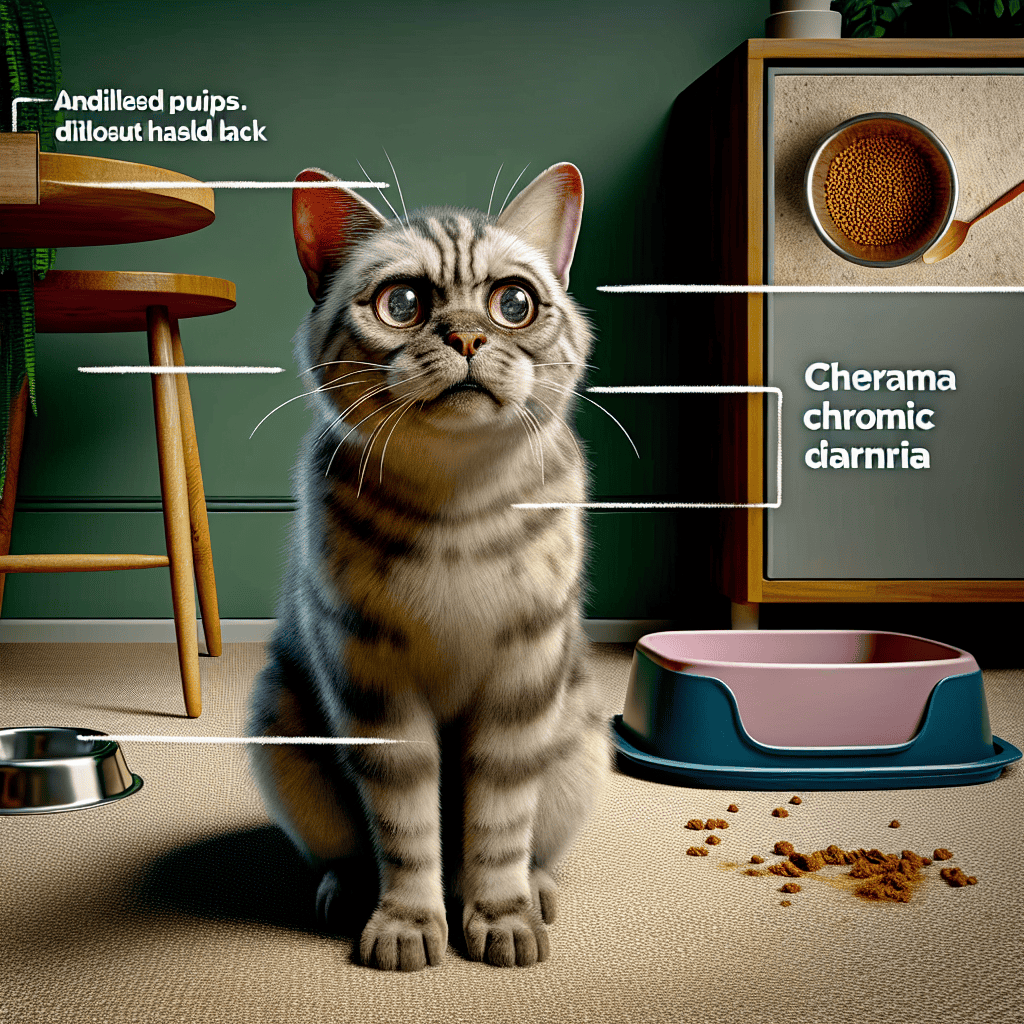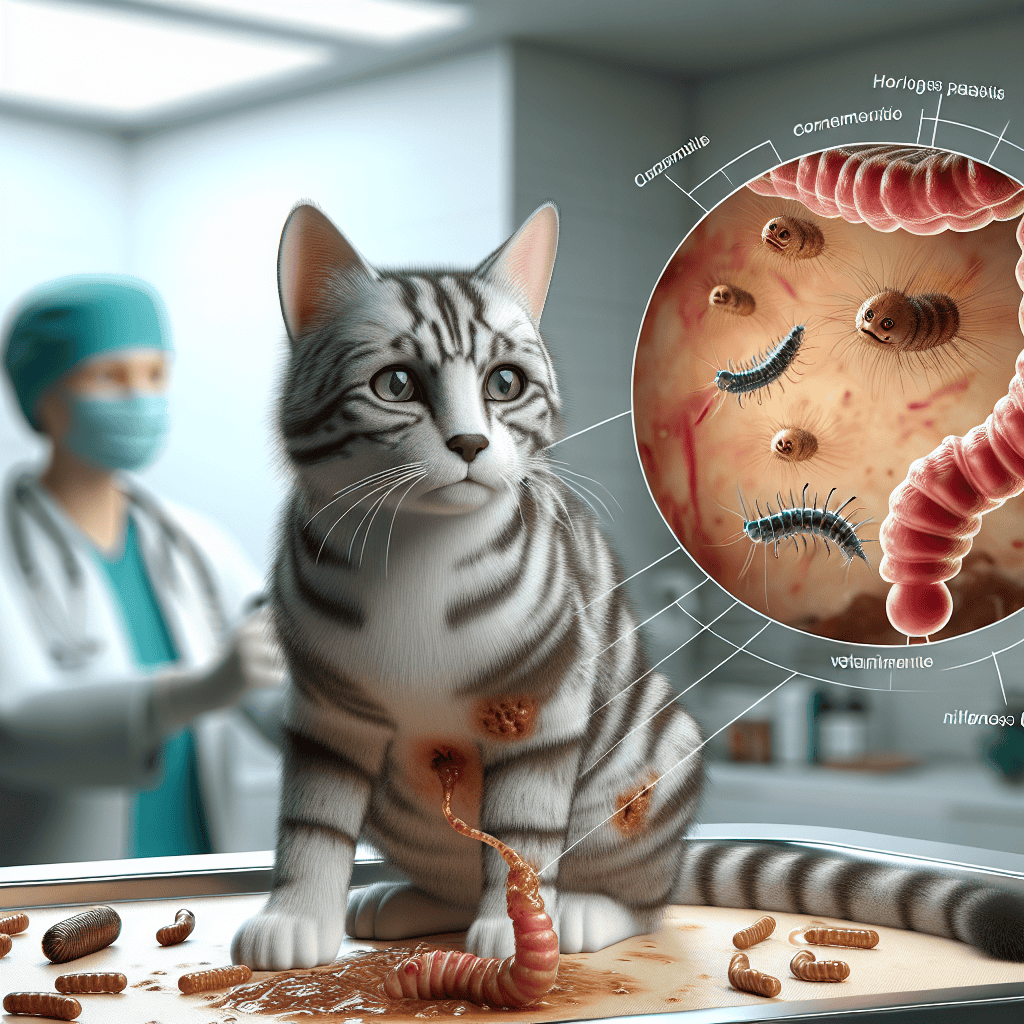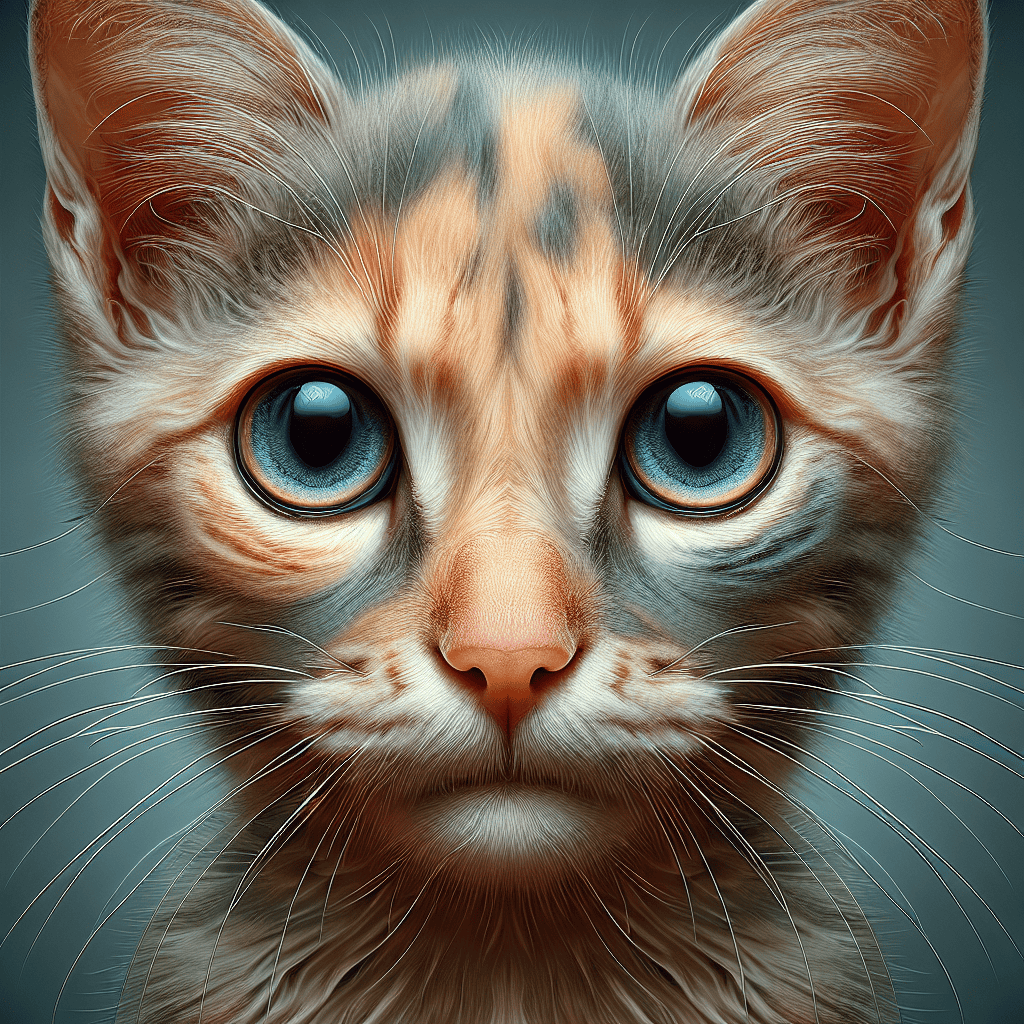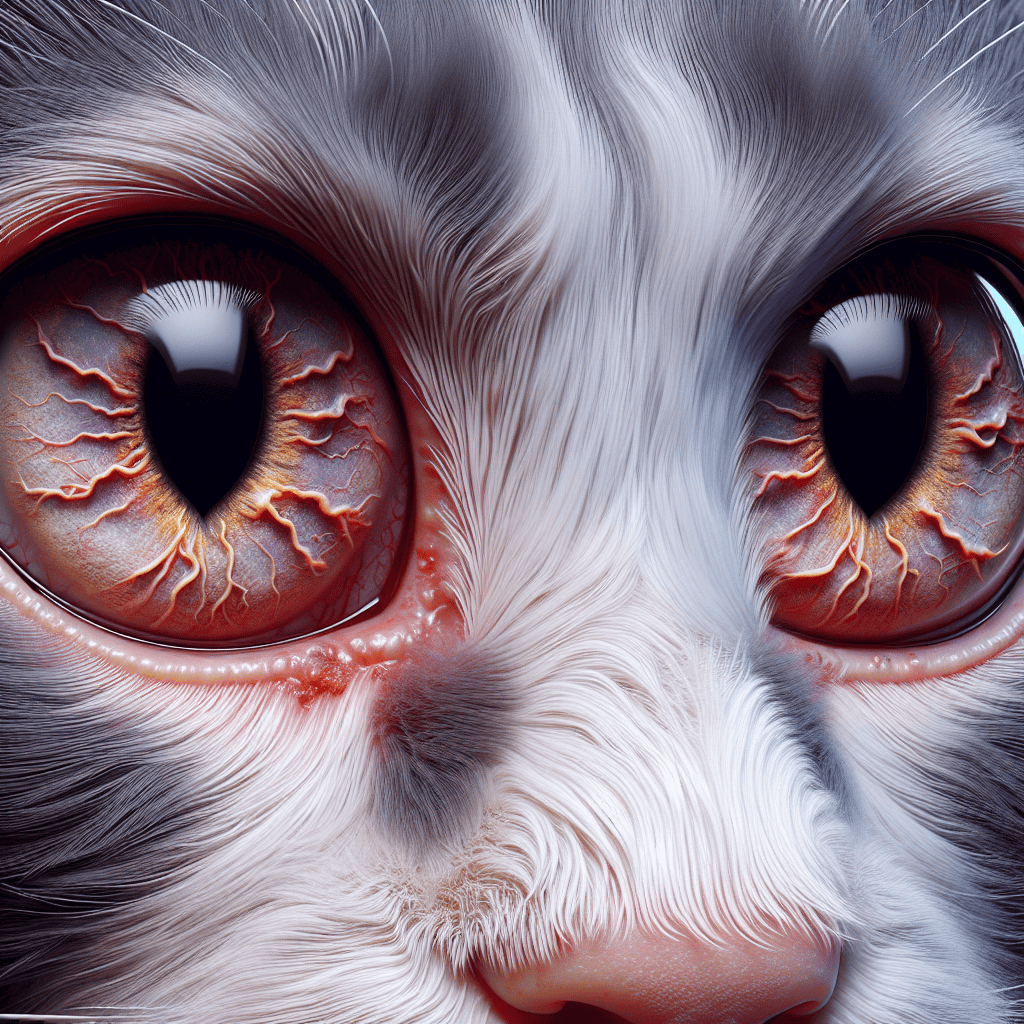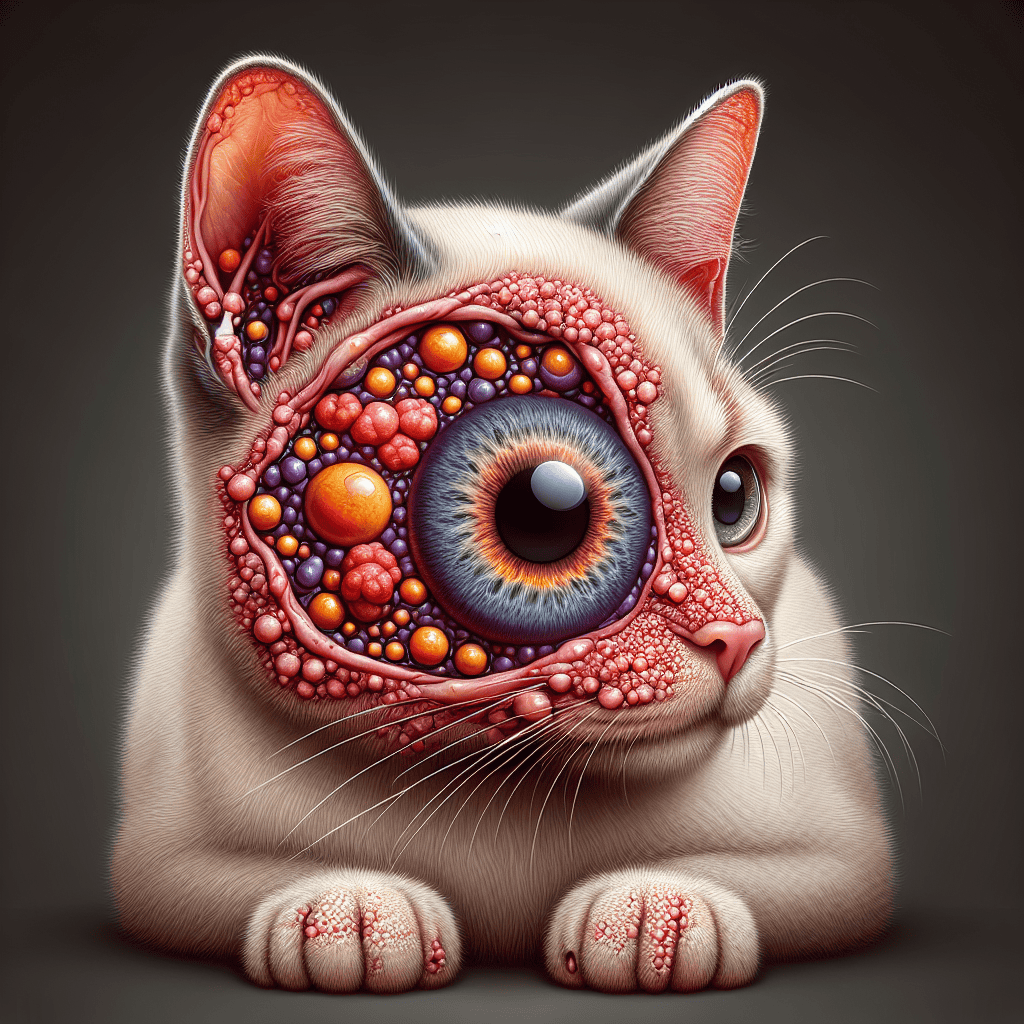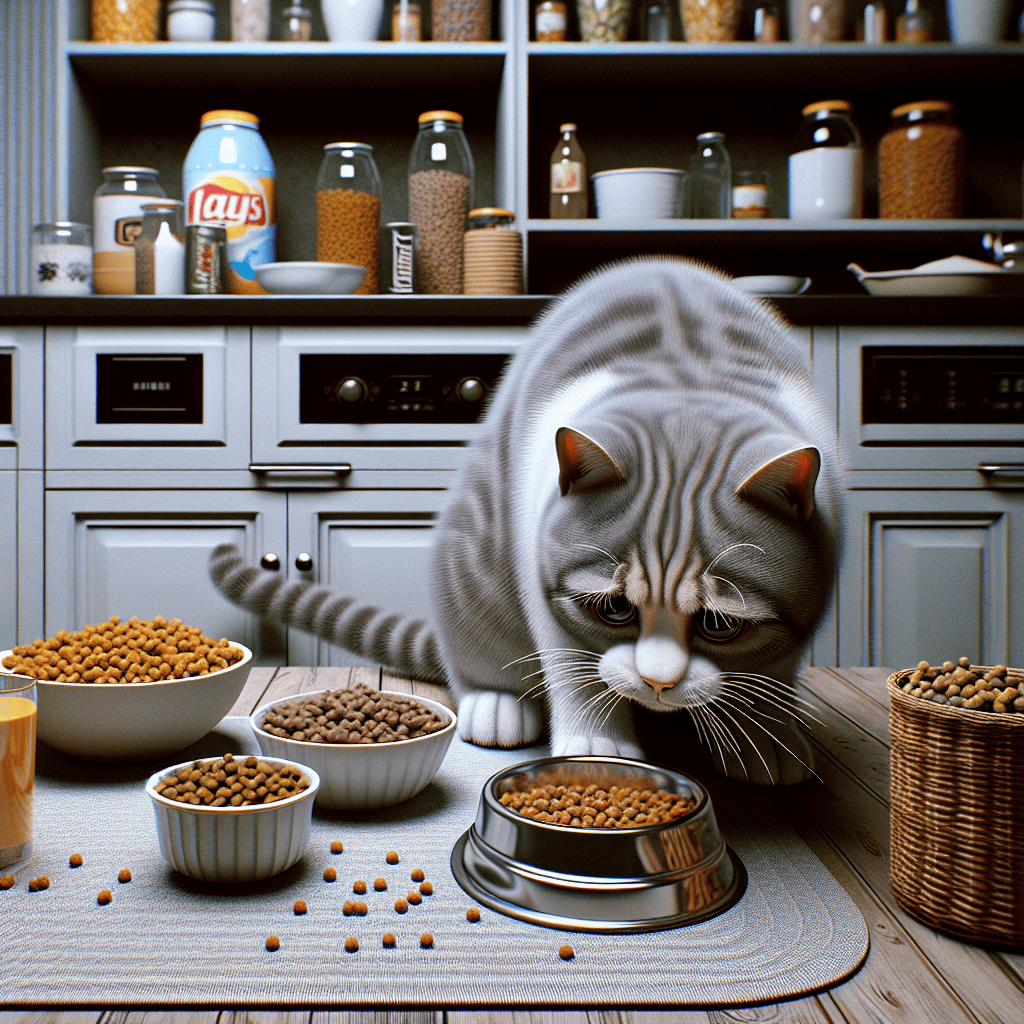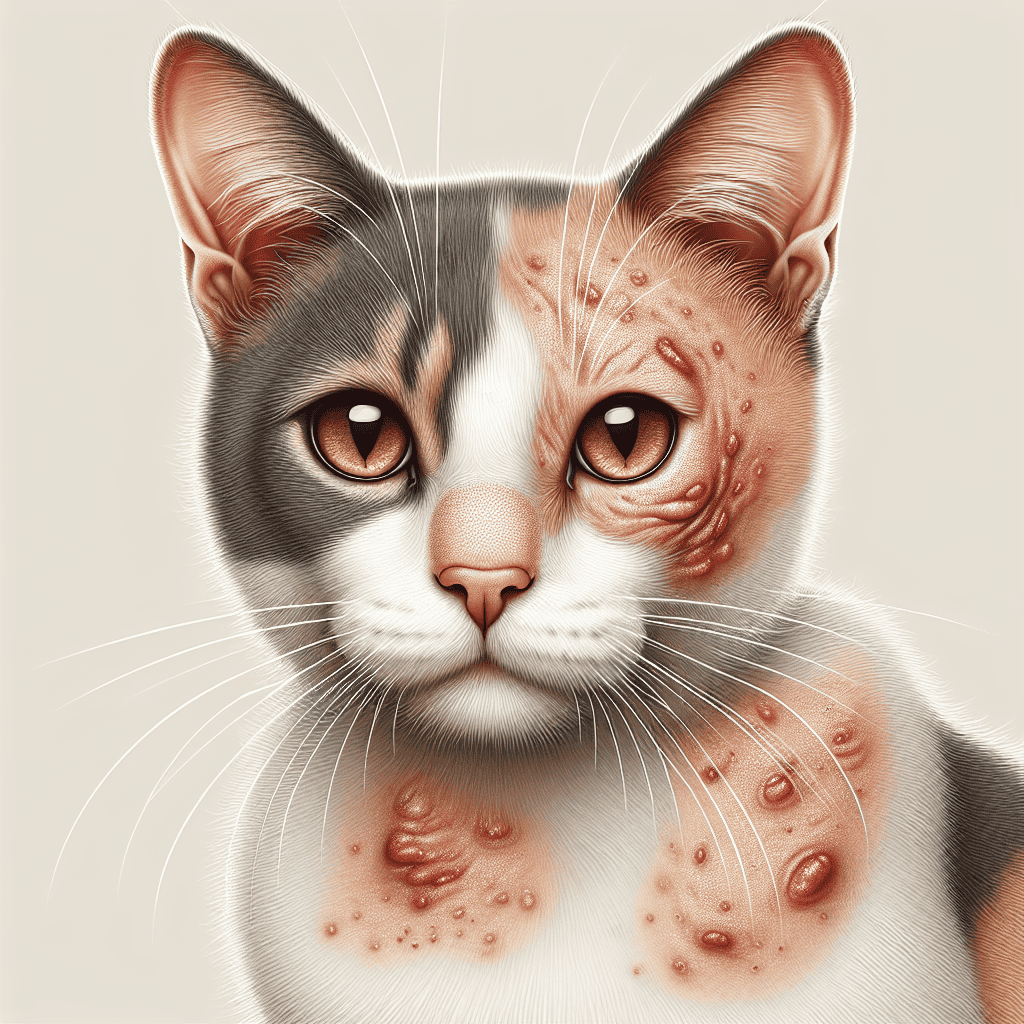Understanding Chronic Diarrhea in Cats
When it comes to our feline companions, chronic diarrhea can be a cause for concern. Understanding the definition, characteristics, and causes of chronic diarrhea in cats is essential for proper management and treatment.
Definition and Characteristics
Chronic diarrhea in cats refers to stool that is consistently softer than normal and persists for several weeks or longer. It is not an uncommon issue and can affect cats of all breeds and ages. However, kittens, senior cats, and those with compromised immune systems are more susceptible to serious complications associated with chronic diarrhea (PetMD).
The characteristics of chronic diarrhea may vary but often include loose or watery stools that occur frequently. Cats with chronic diarrhea may also experience increased urgency to defecate and may have accidents outside the litter box.
Causes of Chronic Diarrhea
Chronic diarrhea in cats can have various underlying causes, including diseases affecting the intestines or gastrointestinal system. Some common causes of chronic diarrhea in cats include:
- Inflammatory bowel disease
- Intestinal parasites
- Bacterial infections
- Viral infections
- Food allergies
- Vitamin deficiencies
- Partial obstructions
- Abnormal digestion of food
- Hyperthyroidism
- Kidney disease
- Liver disease
- Diabetes
- Cancer
- Pancreatitis
Identifying the specific cause of chronic diarrhea is crucial in developing an effective treatment plan. It often requires a comprehensive evaluation by a veterinarian, including diagnostic tests and possibly consultations with specialists. For more information on the causes of chronic diarrhea in cats, visit our article on chronic diarrhea in cats causes.
If your cat is experiencing chronic diarrhea, it is important to seek veterinary attention promptly. A thorough examination and appropriate diagnostic tests will help determine the cause and guide the most appropriate treatment. It’s crucial to address chronic diarrhea promptly to prevent dehydration, weight loss, and other potential complications.
In the next sections, we will explore the symptoms, diagnosis, treatment options, and strategies for managing stress, all of which play important roles in addressing chronic diarrhea in cats. Stay tuned to learn more about how to help your furry friend find relief and maintain optimal digestive health.
Symptoms and Diagnosis
When it comes to chronic diarrhea in cats, recognizing the symptoms and obtaining a proper diagnosis are essential steps in determining the underlying cause and providing appropriate treatment.
Recognizing Symptoms
Symptoms of chronic diarrhea in cats can manifest in various ways. It’s important to be observant and look out for the following signs that may indicate chronic diarrhea:
- Abnormal stool color, such as dark or tarry stool
- Fresh blood in the stool
- Straining to defecate
- Increased frequency of defecation
- Weight loss
- Increased or decreased appetite
- Decreased energy level
- Vomiting
- Dehydration
- Increased flatulence
If your cat experiences diarrhea lasting longer than 24-48 hours or exhibits any of these symptoms, it is crucial to consult a veterinarian as soon as possible for a thorough examination. Prompt attention can help identify the underlying cause and prevent further complications. For more information on the causes of chronic diarrhea, refer to our article on chronic diarrhea in cats causes.
Diagnostic Tests for Chronic Diarrhea
To diagnose chronic diarrhea in cats, veterinarians may employ a combination of diagnostic tests to gather comprehensive information about the cat’s health. Some common diagnostic tests for chronic diarrhea in cats include:
- Complete blood count (CBC) and blood chemistry test: These tests help evaluate the overall health of the cat, detect any abnormalities in blood cell counts, and assess organ function.
- Fecal test: A fecal sample is examined to check for the presence of parasites, such as worms or protozoa, which can contribute to chronic diarrhea.
- Urinalysis: This test helps evaluate kidney function and identify any abnormalities in the urine that may be related to the underlying cause of chronic diarrhea.
- Infectious disease test: This test helps rule out infectious causes, such as feline leukemia virus (FeLV) or feline immunodeficiency virus (FIV).
- Abdominal imaging: Techniques such as X-rays and abdominal ultrasound may be used to detect any abnormalities, such as masses, obstructions, or inflammatory bowel disease, in the gastrointestinal tract.
- Endoscopy/colonoscopy and biopsies: These procedures involve the insertion of a flexible tube with a camera into the digestive tract to obtain visual images and collect tissue samples for further examination.
Keeping a detailed history of your cat’s bathroom habits, including the duration and frequency of diarrhea episodes, can also provide valuable information for the diagnosis. By combining the results of these diagnostic tests and considering the clinical presentation, veterinarians can work towards identifying the cause of chronic diarrhea in your cat. For more information on the treatment options for chronic diarrhea, refer to our article on chronic diarrhea in cats treatment.
It is important to remember that only a veterinarian can provide an accurate diagnosis based on a thorough examination and diagnostic tests. Seeking professional veterinary care is crucial to ensure the well-being and health of your cat.
Treatment Options
When it comes to managing chronic diarrhea in cats, treatment options can vary depending on the underlying cause and severity of the condition. It is important to work closely with a veterinarian to determine the most appropriate course of action. In general, treatment for chronic diarrhea may involve dietary management and medication or therapies.
Dietary Management
Dietary management plays a crucial role in the treatment of chronic diarrhea in cats. A veterinarian may recommend specific dietary changes based on the underlying cause of the diarrhea. These changes could include:
-
Prescription Diets: Specialized prescription diets formulated for gastrointestinal health may be recommended. These diets are designed to be easily digestible and may contain ingredients that help to soothe the gastrointestinal tract.
-
Diet Trials: In some cases, a veterinarian may suggest conducting a diet trial to identify any potential food allergies or intolerances that may be contributing to the chronic diarrhea. This involves feeding the cat a novel protein source or a hydrolyzed protein diet for a specified period while closely monitoring their response.
-
Digestive Support Medications and Supplements: Digestive support medications and supplements, such as probiotics or fiber supplements, may be recommended to help regulate the cat’s digestive system and promote healthy bowel movements.
For more information on dietary management for cats with chronic diarrhea, refer to our article on chronic diarrhea in cats diet.
Medication and Therapies
In addition to dietary management, medication and therapies may be prescribed to help manage chronic diarrhea in cats. The specific treatment approach will depend on the underlying cause of the diarrhea and the cat’s response to treatment. Some possible options include:
-
Antibiotics or Antiparasitic Medications: If the diarrhea is caused by a bacterial or parasitic infection, antibiotics or antiparasitic medications may be prescribed to eliminate the infection and alleviate the symptoms.
-
Anti-inflammatory Medications: In cases where inflammation is contributing to the chronic diarrhea, anti-inflammatory medications may be prescribed to help reduce inflammation in the gastrointestinal tract.
-
Immunosuppressive Drugs: For cats with immune-mediated causes of chronic diarrhea, immunosuppressive drugs may be used to help suppress the overactive immune response and reduce inflammation.
-
Fluid Therapy: In cases where the cat is dehydrated or experiencing electrolyte imbalances due to chronic diarrhea, fluid therapy may be administered to restore hydration and balance.
It’s important to note that only a veterinarian can prescribe the appropriate medications and therapies for a cat with chronic diarrhea. Self-medication or the use of over-the-counter medications can be harmful to cats. For more information on the treatment of chronic diarrhea in cats, consult with your veterinarian or refer to our article on chronic diarrhea in cats medication and therapies.
By implementing dietary management strategies and following the prescribed treatment plan, cat owners can help alleviate the symptoms of chronic diarrhea and improve their furry friends’ overall well-being. Regular veterinary care and monitoring are essential in ensuring the long-term success of the treatment and identifying any changes or adjustments that may be required. For more information on veterinary care and monitoring for cats with chronic diarrhea, continue reading our article on importance of veterinary examination and long-term care and monitoring.
Stress and Chronic Diarrhea
Chronic diarrhea in cats can be influenced by various factors, and stress is one of them. Understanding the impact of stress on digestive health and implementing strategies to manage it can play a crucial role in alleviating chronic diarrhea in cats.
Impact of Stress on Digestive Health
Chronic stress in cats can lead to changes in digestion and diet, resulting in upset stomachs, loose stool, pain, nausea, and dietary problems. An immune system under stress can make cats more susceptible to health issues and diseases (Fox Valley Animal Hospital). Prolonged stress can also impact a cat’s general well-being, leading to symptoms like over-grooming, which can result in hair loss (Fox Valley Animal Hospital).
Stress can exacerbate bladder conditions in cats, leading to toileting changes and creating breeding grounds for infections like feline interstitial cystitis (Fox Valley Animal Hospital). Additionally, chronic stress in cats can strain the body, potentially causing issues with the heart, lungs, circulation, and digestion. This can manifest as upset stomachs, loose stool, pain, nausea, and dietary problems (Fox Valley Animal Hospital).
It’s important to recognize that the longer stress is left untreated in cats, the harder it can be to reverse the stress cycles and impacts, potentially leading to lasting health issues and a shortened life expectancy (Fox Valley Animal Hospital).
Managing Stress in Cats
To manage stress and help alleviate chronic diarrhea in cats, it’s essential to create a calm and comforting environment. Here are some strategies that can be effective:
-
Provide a Safe Space: Ensure that your cat has a designated area where they can retreat to whenever they feel stressed or overwhelmed. This space should be quiet, cozy, and away from any potential stressors.
-
Environmental Enrichment: Engage your cat in activities that stimulate their mind and body. This can include providing interactive toys, scratching posts, and vertical spaces for climbing.
-
Routine and Predictability: Establish a consistent daily routine for feeding, playtime, and quiet time. Cats thrive on predictability, and a structured routine can help reduce their stress levels.
-
Positive Reinforcement: Use positive reinforcement techniques to reward desired behaviors and create a positive association with specific activities or situations. Offer treats, praise, or playtime when your cat displays calm and relaxed behavior.
-
Pheromone Therapy: Consider using synthetic pheromone products, such as Feliway, which can help create a calming environment for your cat. These products mimic natural feline pheromones and can help reduce stress and anxiety.
-
Consult with a Veterinarian: If your cat is experiencing chronic diarrhea due to stress, it’s important to consult with a veterinarian. They can provide guidance on stress management techniques and recommend appropriate medications or therapies, if necessary.
By addressing and managing stress in cats, it is possible to improve their overall well-being and reduce the occurrence of chronic diarrhea. However, it’s crucial to work closely with a veterinarian to develop a comprehensive stress management plan tailored to your cat’s specific needs.
For further information on other factors contributing to chronic diarrhea in cats, such as causes and symptoms, refer to our related articles on chronic diarrhea in cats causes and chronic diarrhea in cats symptoms.
Veterinary Care and Monitoring
When dealing with chronic diarrhea in cats, seeking veterinary care is of utmost importance. A veterinarian’s expertise is crucial in diagnosing the underlying cause of the condition and providing appropriate treatment options. In this section, we will discuss the importance of veterinary examination and the need for long-term care and monitoring.
Importance of Veterinary Examination
If your cat experiences persistent diarrhea, it is crucial to contact a veterinarian promptly to prevent dehydration and address any underlying health issues causing the chronic diarrhea (Cedar Mill Veterinary Hospital). Veterinary care should be sought if the diarrhea persists for longer than a day or two, especially if the cat shows systemic signs like poor appetite, lethargy, or vomiting (Cornell Feline Health Center).
During a veterinary examination, the veterinarian will perform a thorough physical examination of your cat and may recommend additional tests to determine the cause of the chronic diarrhea. These tests may include fecal analysis to check for parasites, blood tests to evaluate organ function, and imaging studies to assess the gastrointestinal tract (Cornell Feline Health Center).
It is crucial for a veterinarian to examine a cat with diarrhea as soon as clinical signs are noticed because some over-the-counter medications can be harmful to cats. Various medications and therapies are available to relieve feline diarrhea, but a professional evaluation is essential (Cornell Feline Health Center).
Long-Term Care and Monitoring
Once the cause of chronic diarrhea in your cat has been identified and appropriate treatment has been initiated, it is important to provide long-term care and monitoring. This involves closely following the veterinarian’s instructions regarding medication administration, dietary modifications, and any other recommended therapies.
Regular follow-up visits with the veterinarian are essential to monitor your cat’s progress and make any necessary adjustments to the treatment plan. These visits allow the veterinarian to assess the cat’s response to treatment, address any concerns or complications, and ensure that the underlying cause of the chronic diarrhea is effectively managed.
In addition to veterinary care, it is important to monitor your cat’s overall well-being at home. Keep an eye on their eating habits, water intake, litter box usage, and general behavior. If you notice any changes or worsening of symptoms, contact your veterinarian immediately for further guidance.
By prioritizing veterinary care and maintaining regular monitoring, you can ensure that your cat receives the necessary attention and treatment for their chronic diarrhea. Remember to follow your veterinarian’s recommendations and communicate any concerns or changes in your cat’s condition. With proper care and management, it is possible to improve your cat’s quality of life and alleviate the discomfort caused by chronic diarrhea.






